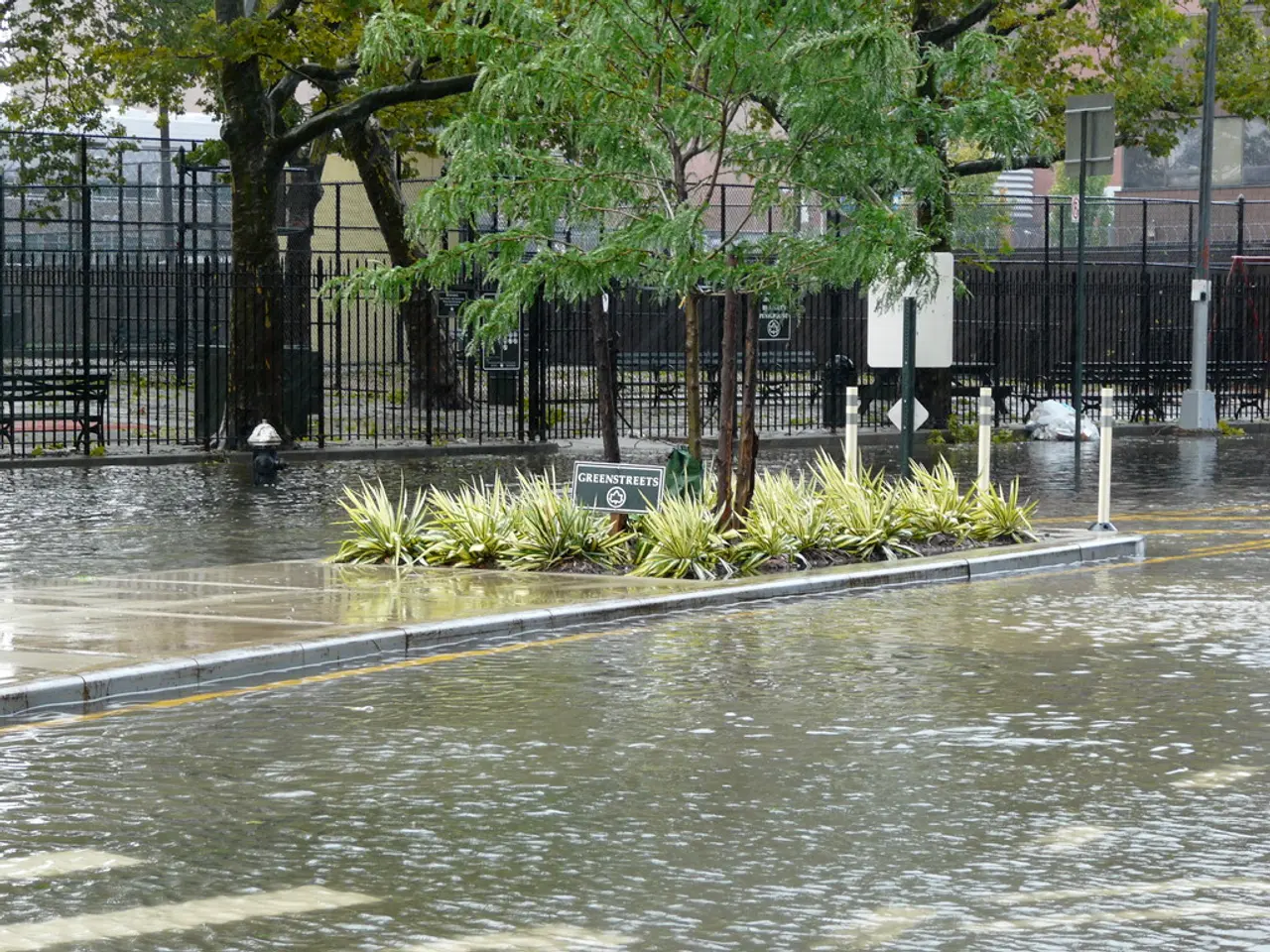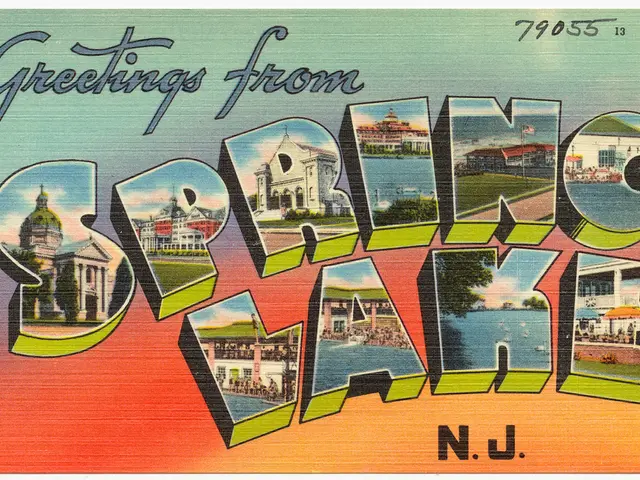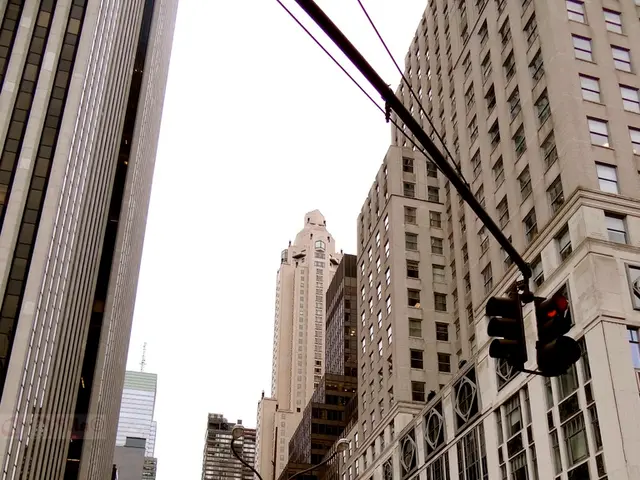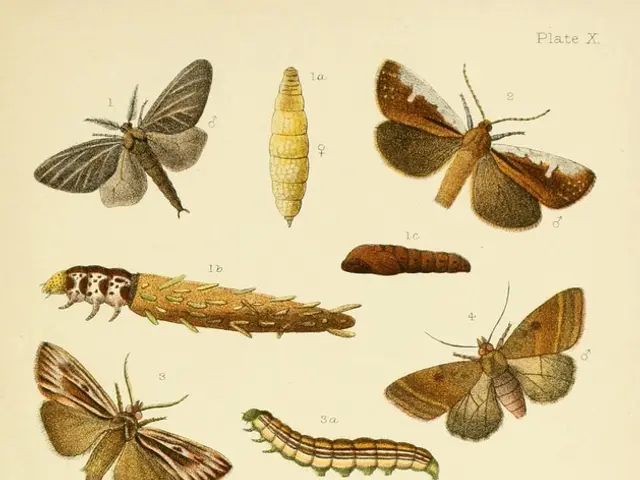Colorado River Talks Stall as Reservoirs Face 'Dead Pool' Levels
Negotiations among seven states over the Colorado River's water shortage have reached a standstill. Disagreements persist over who should cut back and by how much, as the river's flow has dwindled by 20% in the last 25 years. The current rules expire in 2026, and experts warn of critically low levels if no action is taken.
The Colorado River's reservoirs, Lake Powell and Lake Mead, are declining rapidly. A study published in Nature Communications warns that they could reach 'dead pool' levels if current policies remain unchanged. Federal officials recognize the urgency of the situation and are pushing for swift solutions. However, the environmental review process for new water rules has been criticized for lack of transparency and minimal public involvement.
Environmentalists have slammed the lack of transparency in the negotiations, leaving the public 'in the dark'. A report by environmental groups offers recommendations for solving the river's problems, but talks are currently at an impasse. Experts call for urgent measures to prevent the reservoirs from dropping to critically low levels.
With the Colorado River crisis escalating, negotiations among the seven states must overcome their differences. Transparency and public involvement are crucial in finding a solution that balances the needs of all parties involved. The future of the Colorado River depends on the outcome of these talks.
Read also:
- Aiming to simplify the move towards cleaner automobiles, the newly established ministry plans to take direct action with Pannier-Runacher, Létard, and Vautrin at the helm.
- "The imperfect yet essential documentary, "Planet of the Humans," raises challenging and uncomfortable inquiries"
- Exciting Escapades of Tintin
- More than half of British homes adhere to insulation standards established during the 1970s.








